Section 80DDB of the Income Tax Act, 1961 has gained its popularity in recent years. You can claim a tax deduction against the expenses made for the medical treatment of self and dependents suffering from specified diseases.
What is Deduction Under Section 80DDB?
If an assessee has paid any amount for the medical treatment of qualifying disease or ailment:
- for himself/ herself or a dependant, where the assessee is an individual, resident of India
- for any member of a Hindu undivided family, where the assessee is a Hindu undivided family
Then such an assessee can claim a deduction under section 80DDB of the Income Tax Act, 1961.
Section 80DDB Deduction Limit
| Type of Individual Availing The Medical Treatment | Age | Eligible Amount of Deduction |
| An Individual | Less Than 60 Years of Age | Rs 40,000 or Actual Amount Paid, Whichever is Lower |
| Senior Citizen | Less Than 80 Years of Age and More Than 60 Years of Age | Rs 1,00,000 or Actual Amount Paid, Whichever is Lower |
| Super Senior Citizen | More Than 80 Years of Age | Rs 1,00,000 or Actual Amount Paid, Whichever is Lower |
Which diseases are covered under 80DDB?
| Qualifying Disease | Certificate |
| Neurological Diseases where the disability level has been certified to be 40% and above:Dementia Dystonia Musculorum Deformans Motor Neuron Disease Ataxia Chorea Hemiballismus Aphasia Parkinson’s Disease | Neurologist having a Doctorate of Medicine (D.M.) degree in Neurology or any equivalent degree, which is recognized by the Medical Council of India |
| Malignant Cancers | Oncologist having a Doctorate of Medicine (D.M.) degree in Oncology or any equivalent degree which is recognized by the Medical Council of India |
| Full Blown Acquired Immuno-Deficiency Syndrome (AIDS) | Any specialist having a post-graduate degree in General or Internal Medicine, or any equivalent degree which is recognized by the Medical Council of India |
| Chronic Renal failure | Nephrologist having a Doctorate of Medicine (D.M.) degree in Nephrology or a Urologist having a Master of Chirurgiae (M.Ch.) degree in Urology or any equivalent degree, which is recognized by the Medical Council of India |
| Hematological disordersHemophiliaThalassemia | Specialist having a Doctorate of Medicine (D.M.) degree in Hematology or any equivalent degree, which is recognized by the Medical Council of India |
How to get a Certificate For Claiming Deduction u/s 80DDB?
- If the medical treatment is being availed in a private hospital then the certificate must be obtained from a prescribed specialist doctor. The entire description is mentioned in the above table.
- If the medical treatment is being availed in a government hospital then the certificate can be issued by any specialist working in the hospital. However, such a specialist must be working full-time in that hospital and have a post-graduate degree in General or Internal Medicine or any equivalent degree, which is recognized by the Medical Council of India.
What Should Be Mentioned in The Certificate?
You must ensure that the certificate contains the following information.
- the name and age of the patient
- name of the disease or ailment
- the name, address, registration number
- the qualification of the specialist issuing the prescription
- the name and address of the Government hospital, if the patient is receiving the treatment in a Government hospital
Things To Remember While Claiming Deduction Under Section 80DDB
- In the case of an individual assessee, a dependant is the spouse, children, parents, brothers, and sisters of the individual
- In the case of a HUF, a dependant is a member of the Hindu undivided family
- It is mandatory to obtain a certificate to claim the deduction. You can obtain the certificate from a neurologist, an oncologist, a urologist, a hematologist, an immunologist, or any other specialist depending on the type of disease.
- If the assessee receives reimbursement from insurance or his/ her employer then he/ she cannot claim the entire amount. The eligible deduction amount will be deduction available minus the reimbursement amount. This is to ensure that the assessee does not benefit from both reimbursements as well as a deduction on the same amount.
Frequently Asked Questions
Yes, you can claim deduction under section 80D and section 80DDB simultaneously. Section 80D provides a deduction against the medical insurance policy premium payment for dependents and senior citizens. Section 80DDB provides a tax deduction against the medical treatment of specified diseases. However, you must ensure to get a prescription from the specified professional. The amount of deduction must not include any reimbursement received from the insurance company and employer.
No, section 80DDB is not a part of section 80C of the Income Tax Act, 1961. Section 80C majorly provides deduction against investments made in tax-saving schemes and other expenses like child’s tuition fees. Moreover, section 80DDB provides a deduction against the medical insurance policy premium payment for dependents and senior citizens. Both section 80DDB and section 80C are separate from each other w.r.t. their purpose, conditions, limits, and type of payments involved.
No, you cannot claim a deduction under section 80U and section 80DDB simultaneously. Section 80U provides a deduction to a person with a disability. Hence, an individual can claim deduction under section 80U if he/ she is suffering from a disability. On the other hand, section 80DDB provides a deduction if the expense is made for the treatment of himself/ herself or a dependent. To claim a deduction under section 80DDB you must have made an expense.
Section 80D provides a deduction against the medical insurance policy premium payment for dependents and senior citizens. Section 80DDB provides a tax deduction against the medical treatment of specified diseases. The major difference between both the sections is of medical insurance policy premium vs medical treatment for self and dependents.
Related Sections
Popular Income Tax Sections
Related Articles
- What is Deduction Under Section 80DDB?
- Section 80DDB Deduction Limit
- Which diseases are covered under 80DDB?
- How to get a Certificate For Claiming Deduction u/s 80DDB?
- What Should Be Mentioned in The Certificate?
- Things To Remember While Claiming Deduction Under Section 80DDB
- Frequently Asked Questions











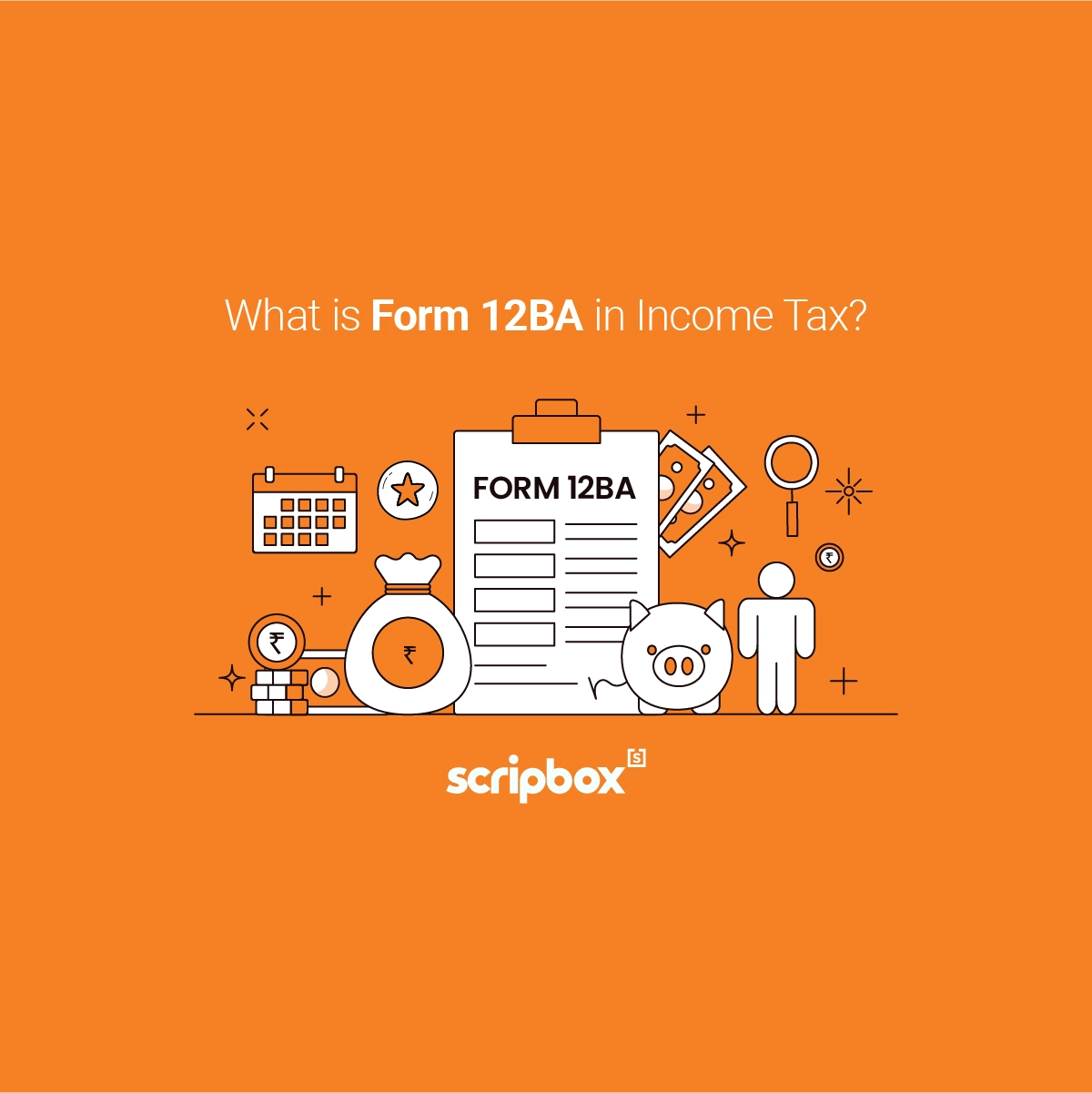
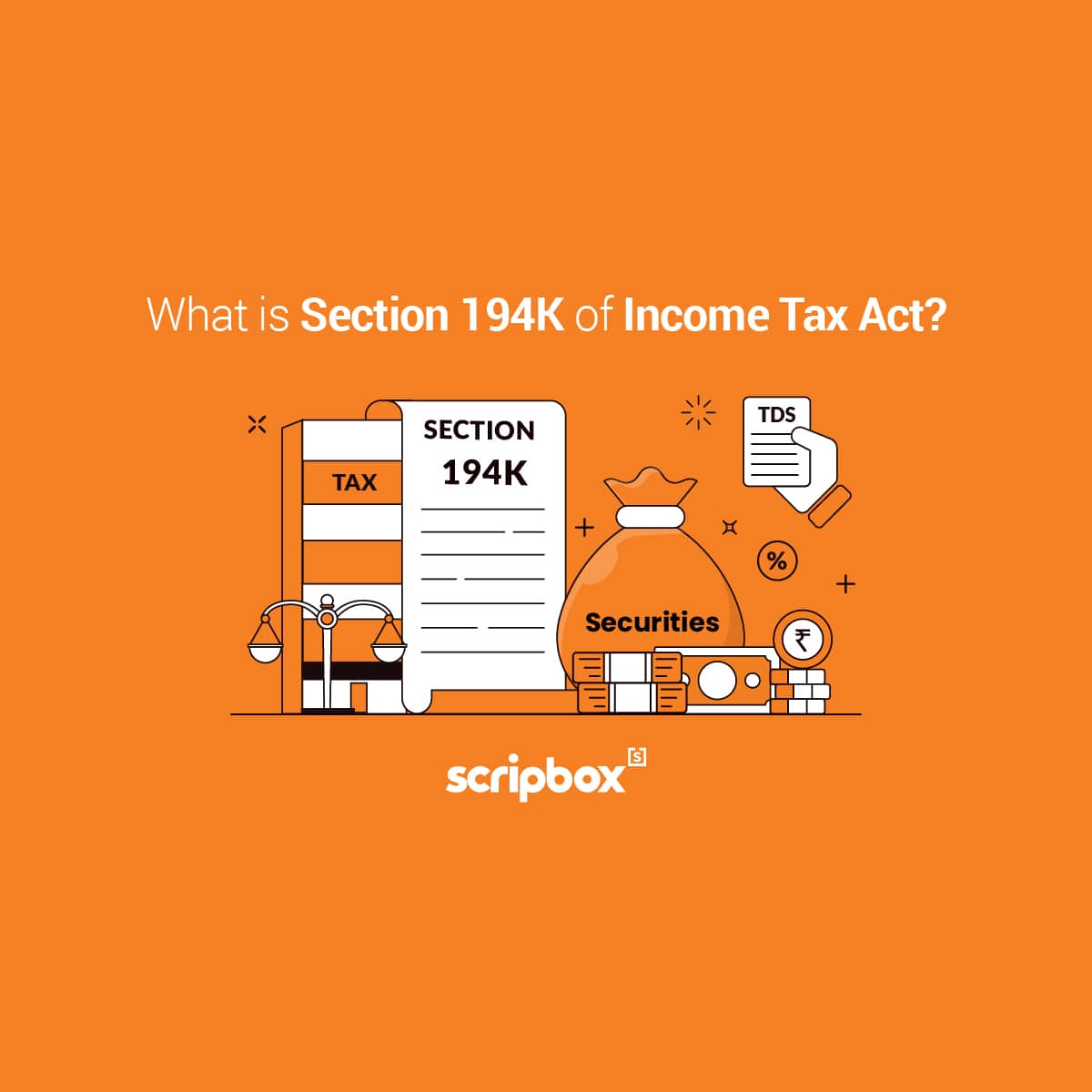
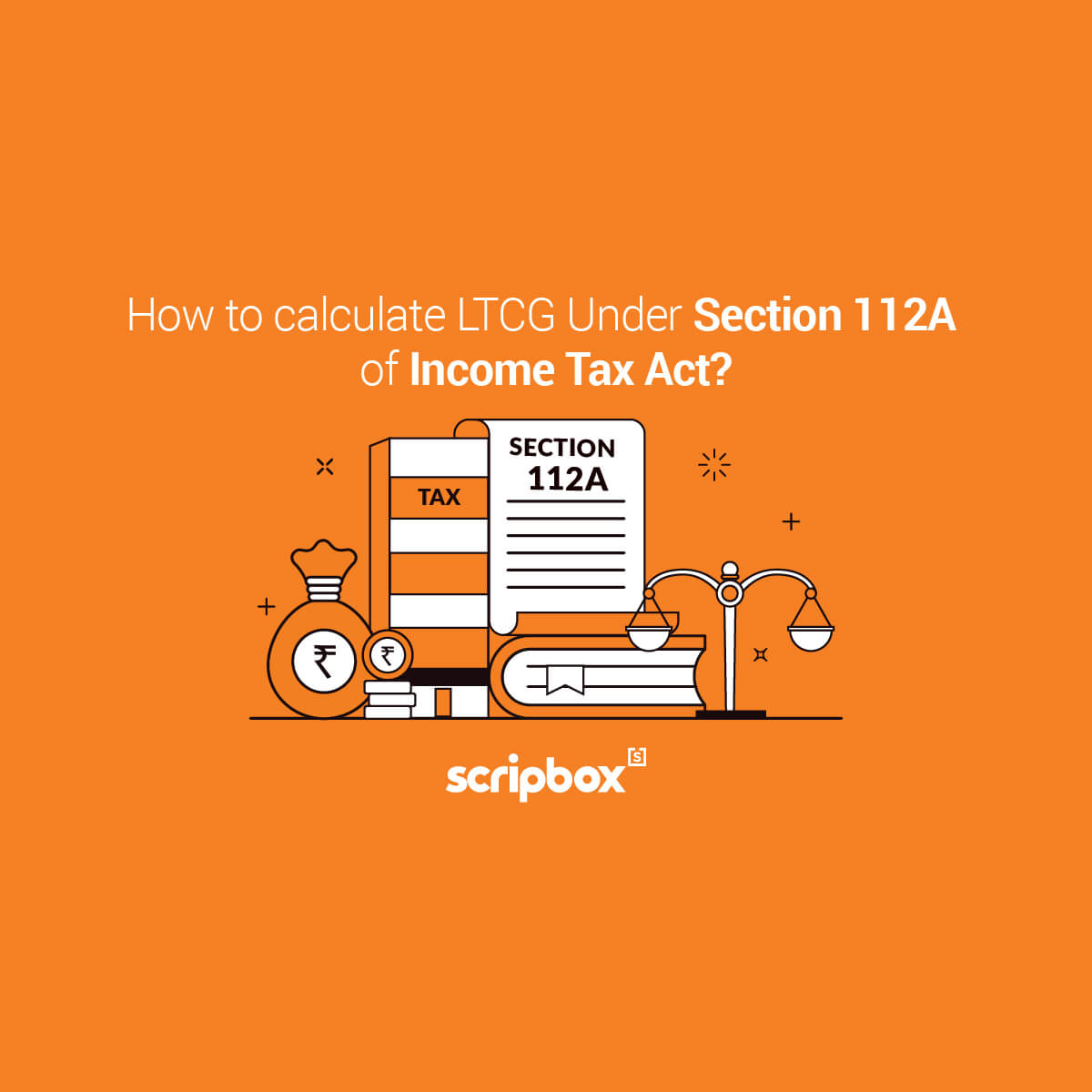
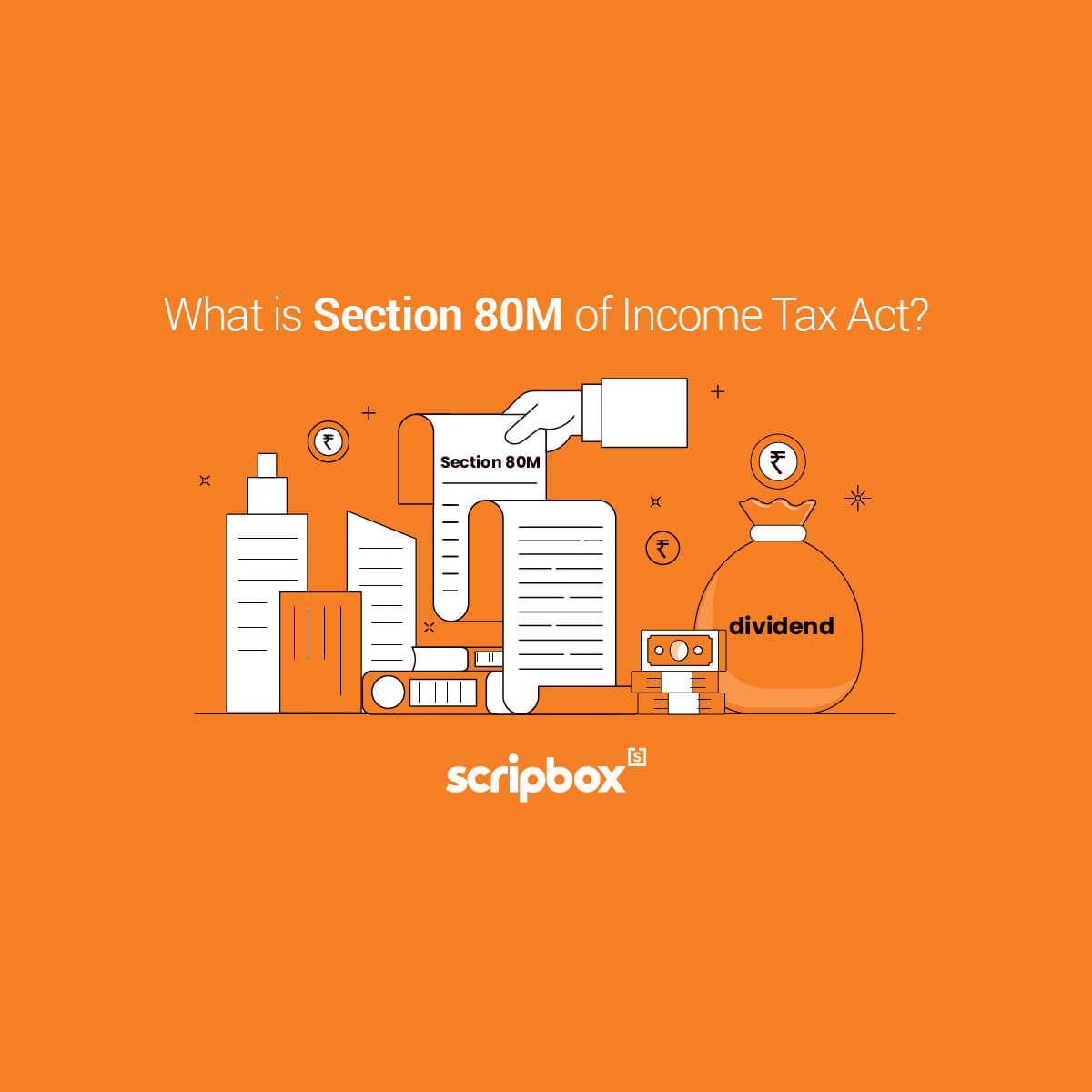
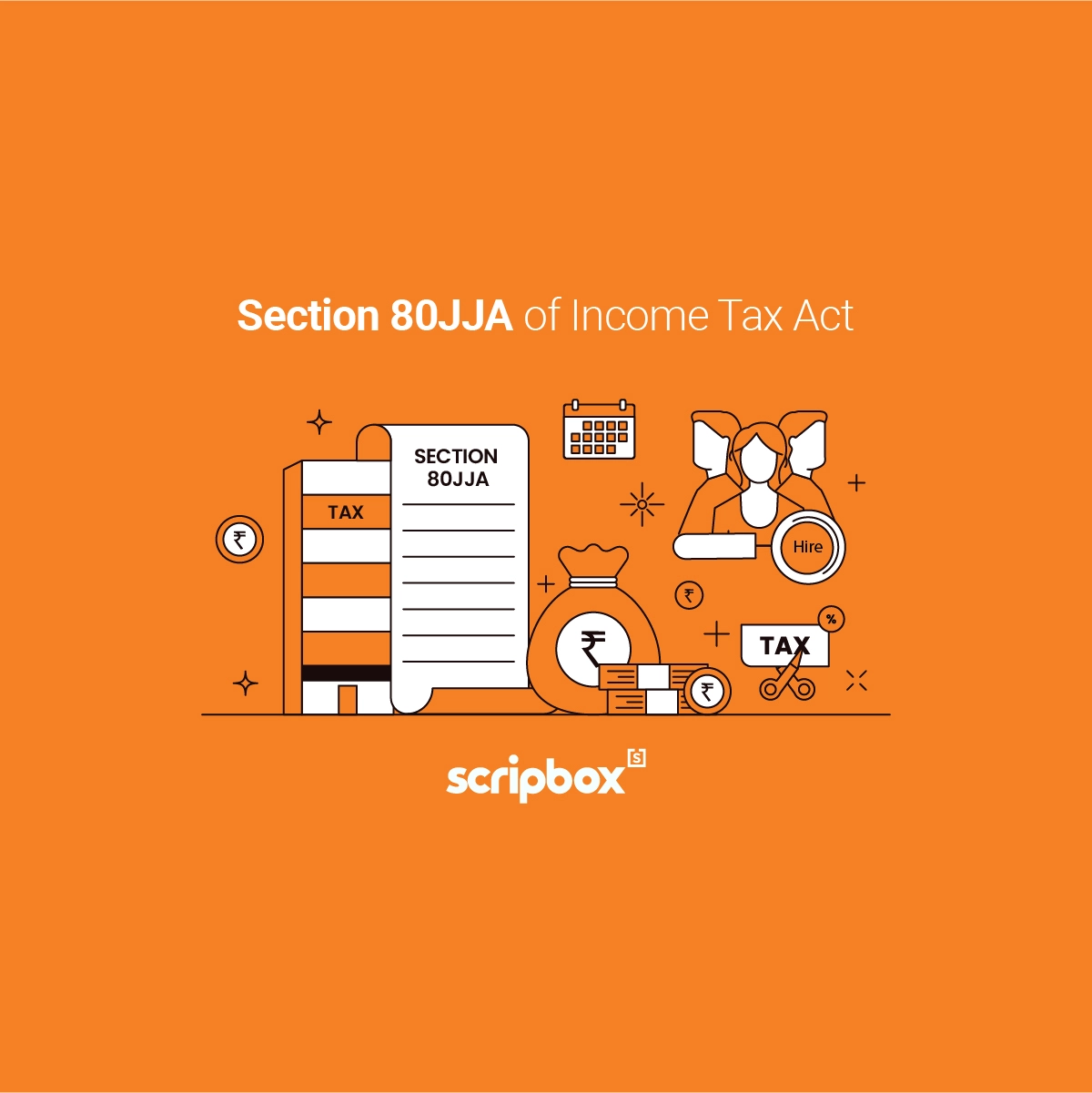
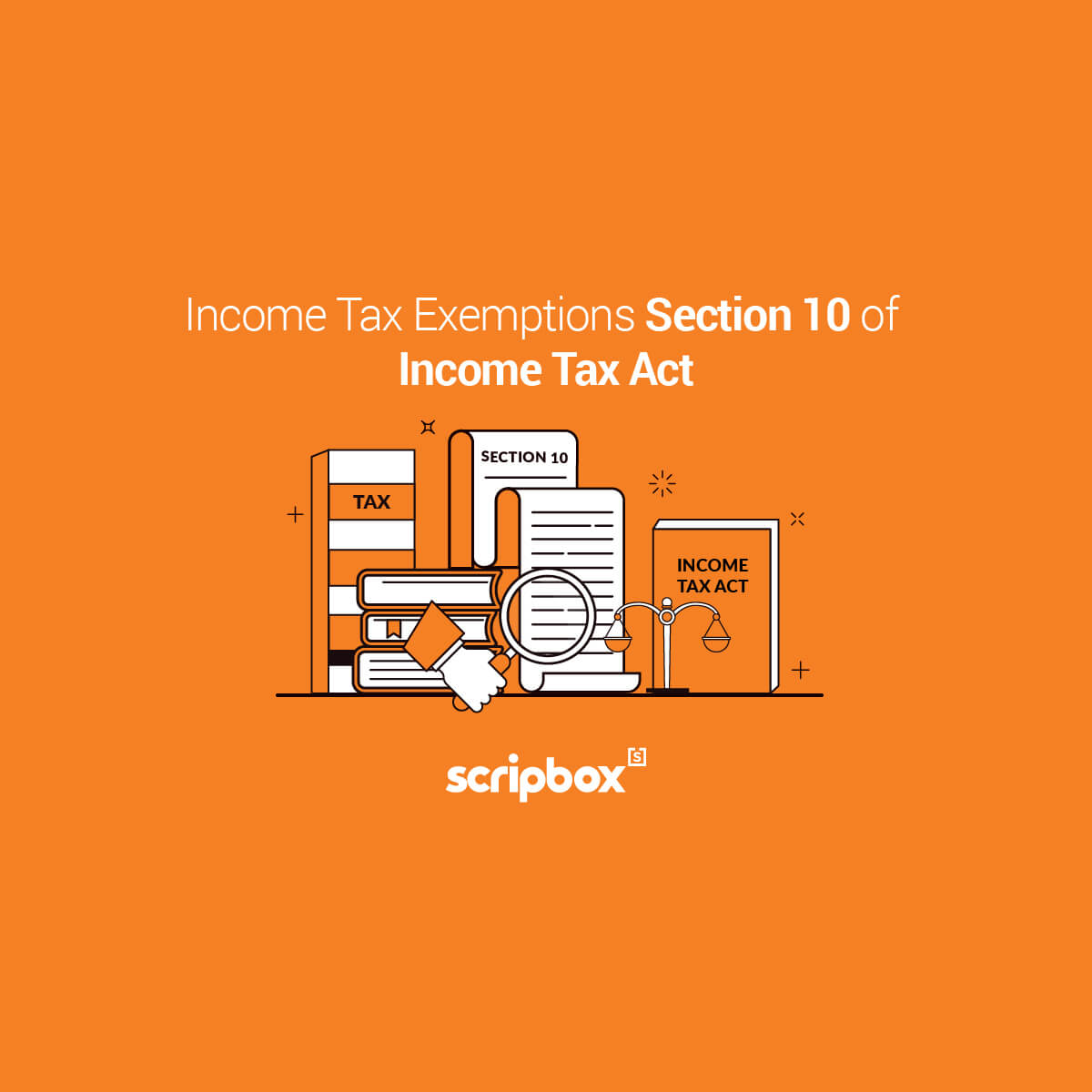






Show comments